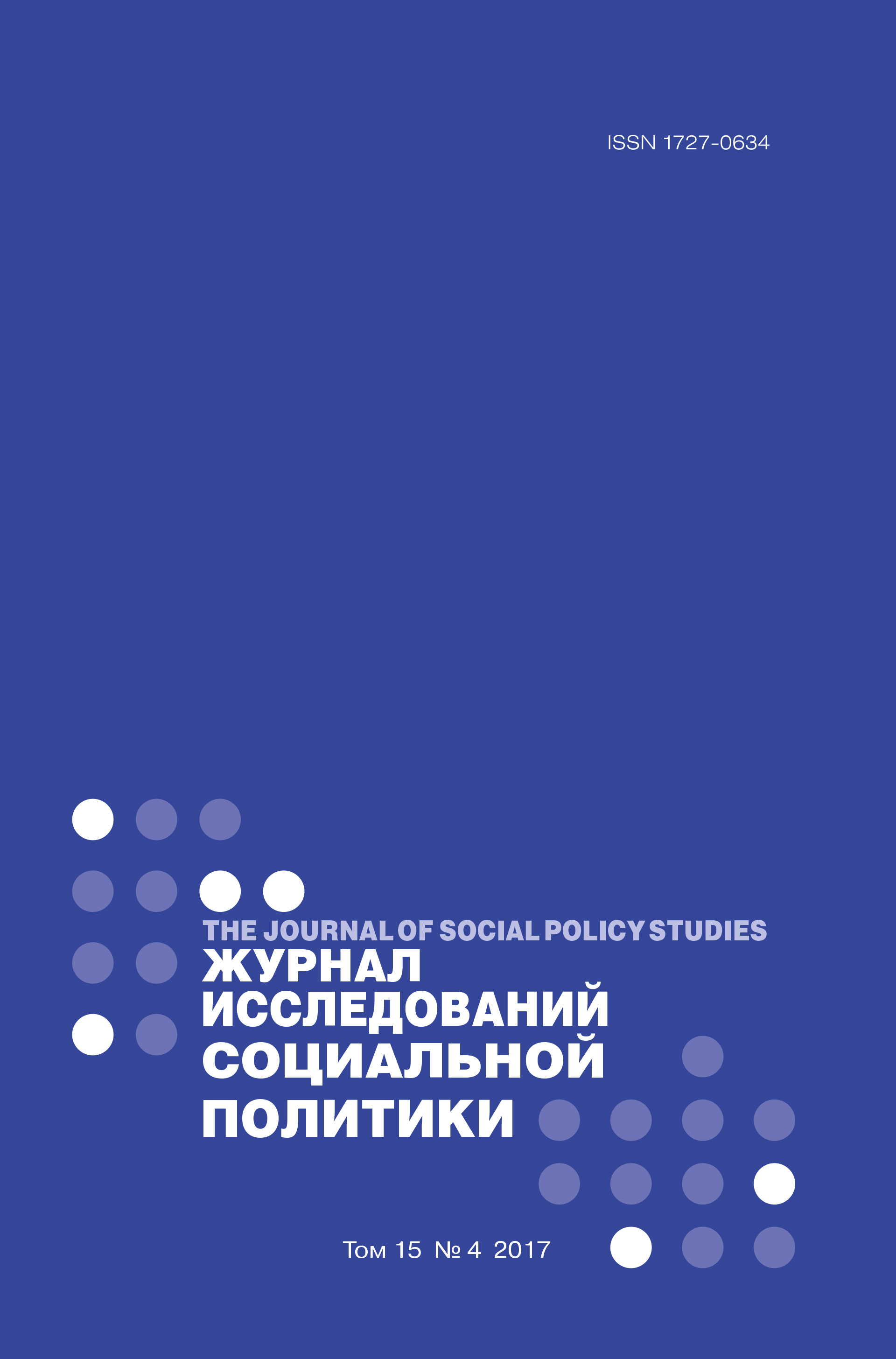У истоков медикализации: основы российской социальной политики в сфере репродуктивного здоровья (1760–1860 гг.)
Аннотация
Наталья Львовна Пушкарева – д. и.н., профессор, Институт этнологии и антропологии РАН им. Н. Н. Миклухо-Маклая, Москва, Россия. Электронная почта: pushkarev@mail.ru
Наталья Александровна Мицюк – д. и.н., доцент, Смоленский государственный медицинский университет, Смоленск, Россия. Электронная почта: mitsyuk.natalia@gmail.com
DOI: 10.17323/727-0634-2017-15-4-515-530
Статья посвящена изучению процесса перехода от народного к научному акушерству в России периода позднего Нового времени. Наша цель – проанализировать особенности процесса медикализации деторождения и патологизации родового акта во врачебном дискурсе. Источниками исследования выступила литература по акушерству с 1760-х гг. до середины XIX в. Актуальными явились подходы социальной истории медицины, гендерной истории и феминисткой антропологии, а также методы контент-анализа и дискурсивного анализа. Необходимость в научном осмыслении процесса деторождения в России возникла во второй половине XVIII в., что было связано как с развитием научной медицины в целом, так и с открытием первых учебных заведений по обучению повивальному искусству. На пути распространения научного акушерства стояли гендерные стереотипы общества в отношении недопустимости мужчин к осмотру и изучению женского тела. Врачи-акушеры, стремясь обосновать собственный авторитет среди медицинских специальностей и превосходство над носительницами традиционных знаний, писали об особой политической значимости своего дела. Авторитет научного акушерства утверждался за счет развития учения об оперативном акушерстве. Акушерские операции, применение новых технологических инструментов, гинекологические операции становились преимуществами клиницистов. Утверждение социального контроля врачей над сферой деторождения происходило через патологизацию родов. Клиническое пространство превращалось в область экспериментов над женским телом, которое стало рассматриваться в качестве объекта наблюдений, и особых практик со стороны медиков. Роженица из активного участника, субъекта родовой деятельности становилась пассивным объектом врачебных манипуляций. Процесс медикализации женского репродуктивного здоровья выражался и в том, что акушерская наука, включив в себя учение о половом развитии женского организма, взяла под контроль целый жизненный период женщины – от созревания до беременности, родов, послеродового восстановления и женских болезней. К середине XIX в. утвердилась иерархия в деятельности врача-акушера и повитухи. Врачи-акушеры стали контролировать область патологического акушерства, оказывая пособие при «трудных родах». Сформировалась усредненная модель «правильных» и «неправильных родов», любые отклонения от «нормы» стали рассматриваться как повод для врачебного вмешательства.















